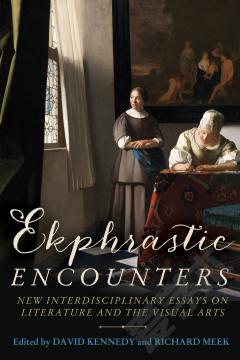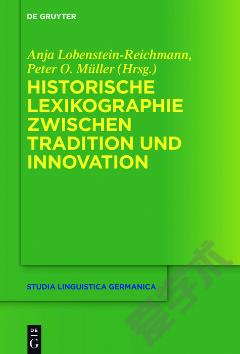Convention and Innovation in Literature.
This work is a critical evaluation of the concepts of convention and innovation as applied in the study of changing literary values, hierarchies and canons. Two approaches are analyzed: (1) the linking of convention and the subject's awareness of convention, and (2) systems theory. The merits of both approaches are discussed and an attempt is made to combine them and to regard systems of literary communication primarily as systems of conventions. Specific cases of changing conventions and innovation are illustrated with examples from the field of versification (Rimbaud), reception studies (Puskin, Goethe, George Eliot), the dichotomy of forgetting/remembering (Nietzsche, Proust), avant-garde, the American dream, and popular genres assimilated in Postmodernism.
{{comment.content}}








 京公网安备 11010802027623号
京公网安备 11010802027623号